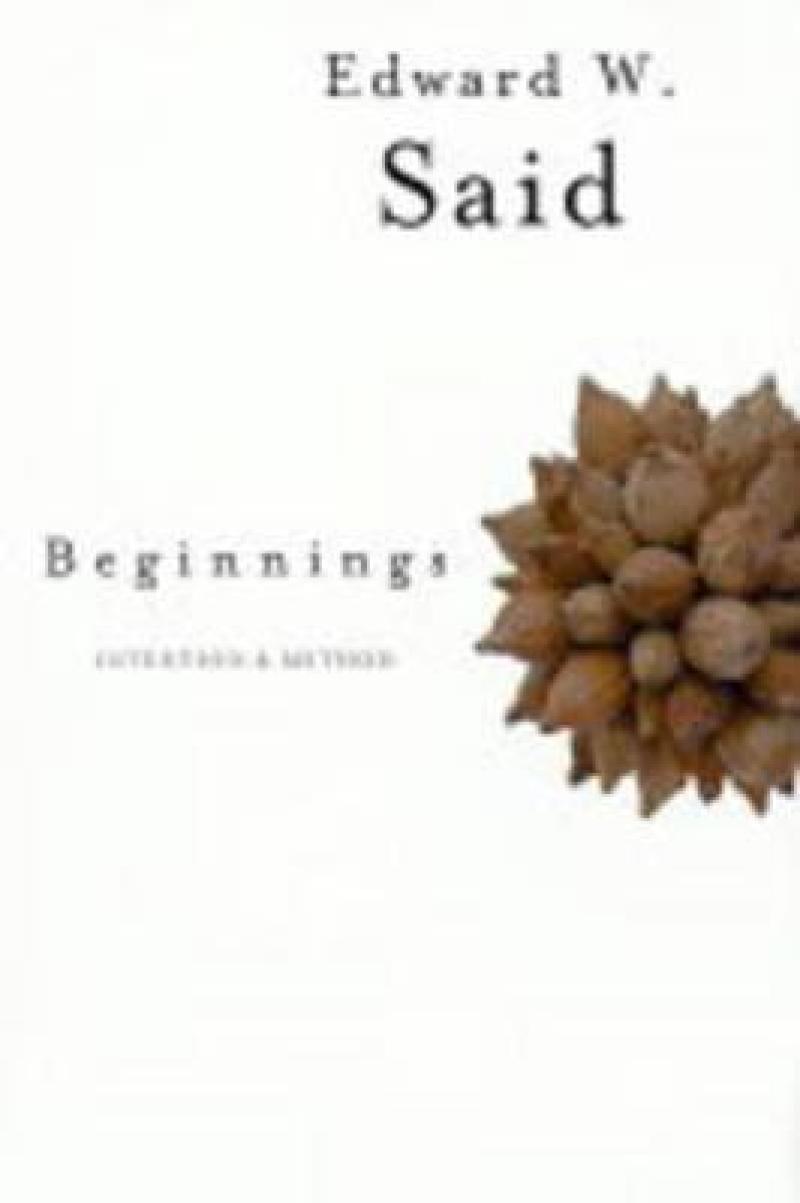A "beginning," especially as embodied in much modern thought, is its own method, Edward Said argues in this classic treatise on the role of the intellectual and the goal of criticism. Distinguishing between "origin," which is divine, mythical, and privileged, and "beginning," which is secular and humanly produced, Said traces the ramifications and diverse understandings of the concept of beginning through history. A beginning is a first step in the intentional production of meaning and the production of difference from preexisting traditions. It authorizes subsequent texts-it both enables them and limits what is acceptable. Drawing on the insights of Vico, Valery, Nietzsche, Saussure, Levi-Strauss, Husserl, and Foucault, Said recognizes the novel as the major attempt in Western literary culture to give beginnings an authorizing function in experience, art, and knowledge. Scholarship should see itself as a beginning-as a uniting of theory and practice.
Said's insistence on a criticism that is humane and socially responsible is what makes Beginnings a book about much more than writing: it is about imagination and action as well as the constraints on freedom and invention that come from human intention and the method of its fulfillment.
Les mer
This reissued classic traces the ramifications and diverse understandings of the concept of "beginning" in history and offers valuable insights into the role of the intellectual and the goal of criticism.
Les mer
To understand Edward Said's Beginnings is to understand what is most importantly going on in contemporary critical theory, both in America and Europe. An immensely useful book by one of our most brilliant critics. -- Richard Poirier Readers...will be surprised, stimulated, instructed, impressed. The New Yorker It is the sense of total independence and, at times, of prophetic vision which makes [Beginnings]... exhilarating. Times Higher Education Supplement
Les mer
This reissued classic traces the ramifications and diverse understandings of the concept of "beginning" in history and offers valuable insights into the role of the intellectual and the goal of criticism.
Les mer
Produktdetaljer
ISBN
9780231059374
Publisert
1985-04-03
Utgiver
Vendor
Columbia University Press
Aldersnivå
P, 06
Språk
Product language
Engelsk
Format
Product format
Heftet
Antall sider
414
Forfatter
